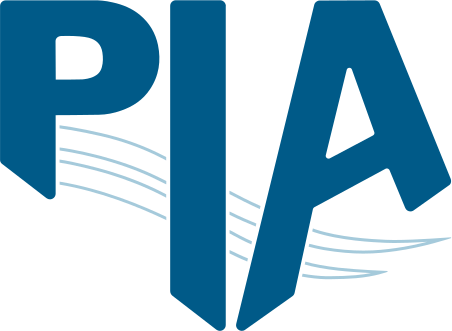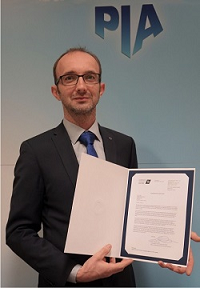Die Veröffentlichung des Norm-Entwurfs DIN 30762 „Vorgefertigte Sanitärsysteme ohne Anschluss an Wasserversorgung und Kanalisation - Anforderungen und Produktmerkmale“ steht kurz vor der Tür. Interessierte Expert*innen von außerhalb können den Entwurf entweder über den Beuth Verlag kaufen, oder über das Norm-Entwurfs-Portal kostenfrei zwischen dem 2021-04-30 und 2021-06-30 einsehen und kommentieren.
Warum wurde dieser Standard erarbeitet?
(Auszug aus DIN 30762):
„Der fehlende Zugang zu adäquater Sanitärversorgung gehört laut den Vereinten Nationen (UN) noch immer zu einem der größten Probleme der Menschheit. Etwa ein Drittel der Weltbevölkerung ist hiervon betroffen. Ohne verlässliche Sanitärversorgung sind die Menschen mit schwerwiegenden hygienischen, ökologischen und ökonomischen Konsequenzen konfrontiert.
Ein wesentliches Problem der Sanitärversorgung in Gebieten mit unzureichenden Infrastruktursystemen– sei es in Teilen Europas, Asiens, Afrikas oder Südamerikas– besteht in der Tatsache, dass herkömmliche, wasserbasierte Sanitärsysteme bestehend aus Spültoilette, Schwemmkanalisation, und Kläranlage, auf die dauerhafte Verfügbarkeit von Wasser angewiesen sind.
Sanitärsysteme die Wasser als Transportmedium zwingend benötigen, können aus finanziellen, technischen und/oder ökologischen Gründen oftmals nicht implementiert werden. …..“
Eine Lösung stellen Sanitärsysteme ohne Wasser als Transportmedium (SanoWa) dar. Hier gibt es eine Vielzahl technischer Varianten, deren bekannteste Vertreter die Trocken(-trenn)toiletten sind. Weiterhin existieren u.a. Systeme mit interner Wasserrezirkulation, Kompostierung oder Verbrennung. Der Anschluss an eine Wasserversorgung und Kanalisation ist für diese Systeme nicht notwendig.
Ziel der DIN 30762 ist die Beschreibung von Designkriterien und baulichen Anforderungen an die SanoWa. Damit soll ein hohes Maß an Qualität, Komfort und Sicherheit gewährleistet werden.
Die SanoWa sind in Bezug auf ihre Funktionsprinzipien und Anwendungsmöglichkeiten in unterschiedliche Kategorien unterteilt. Für die jeweiligen Kategorien sind Anforderungen und Kriterien festgelegt. Mindestanforderungen existieren u.a. für die Geruchslosigkeit, Dichtigkeit, Qualität und Quantität der zu behandelnden Stoffströme, Lebensdauer und Stabilität der Materialien, Benutzersicherheit, Reinigungsleistung und Ressourcenrückgewinnung.
DIN 30762 kann allen Zielgruppen als Beurteilungshilfe dienen und bietet darüber hinaus die Möglichkeit die verschiedenen Systeme bezüglich ihrer Leistung zu bewerten und zu vergleichen.


